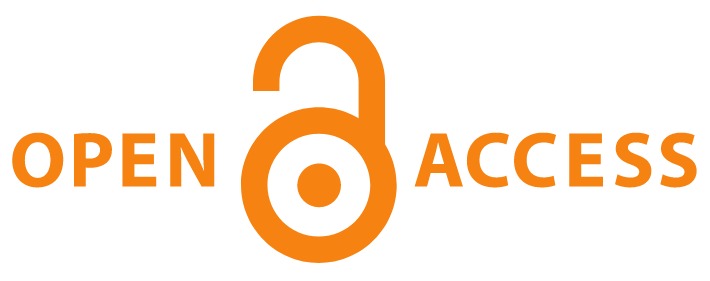QoS Parameters Evaluation in a VPN-MPLS Diffserv Network under a Complete Free Software Emulation Environment
DOI:
https://doi.org/10.26423/rctu.v4i3.285Keywords:
QoS, VPN-MPLS, D-ITG, DiffServ, Jitter, DelayAbstract
The use of Virtual Private Network – Multi Protocol Label Switching (VPN-MPLS) networks has become very common inside enterprises thanks to their multiple advantages; such as, the private communication across a public network infrastructure between geographically diverse sites. This leads to a need for an efficient network in terms of Quality of Service (QoS) to guarantee reliability and security of information. However, the implementation of a VPN-MPLS network is neither easy nor cheap for small and medium companies; hence, in most cases, it is required the use of emulators that are not free either. In this paper, we analyze a VPN-MPLS network in terms of QoS metrics: delay, jitter and packet loss. This evaluation was performed in a virtual environment using only free software tools under two test scenarios, with and without Differentiated Services (DiffServ). The results showed that a VPN-MPLS DiffServ network reduces the delay by approximately 96.78% in VoIP, 39.21% in Data and 66.83% in Streaming; furthermore, the jitter was reduced by approximately 27.88% in VoIP and 41.09% in Data.
Downloads
Downloads
Published
Issue
Section
License
El titular de los derechos de autor de la obra, otorga derechos de uso a los lectores mediante la licencia Creative Commons Atribución-NoComercial-CompartirIgual 4.0 Internacional. Esto permite el acceso gratuito inmediato a la obra y permite a cualquier usuario leer, descargar, copiar, distribuir, imprimir, buscar o vincular a los textos completos de los artículos, rastrearlos para su indexación, pasarlos como datos al software o usarlos para cualquier otro propósito legal.
Cuando la obra es aprobada y aceptada para su publicación, los autores conservan los derechos de autor sin restricciones, cediendo únicamente los derechos de reproducción, distribución para su explotación en formato de papel, así como en cualquier otro soporte magnético, óptico y digital.













